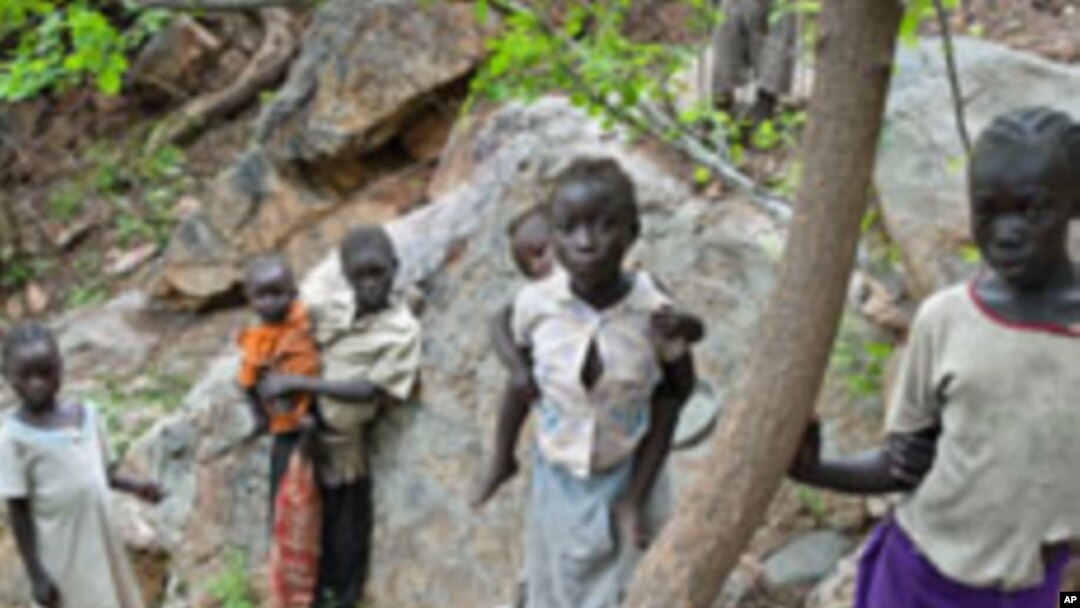The latest reports from Sudan’s Southern Kordofan state paint a dire picture.
After five months of fighting between the Sudan Armed Forces and the rebel Sudan People’s Liberation Movement-North, the humanitarian situation in the state is said to be getting worse.
Much of the civilian Nuba population, seen as allied to the SPLM North, is hiding in caves to escape regular bombing raids by the Sudanese air-force. Upwards of 150,000 people have been displaced by the fighting, which was sparked over accusations of rigged state elections this past spring.
Ryan Boyette, an aid worker who has been based in Southern Kordofan for nine years, is predicting a large scale food crisis. He blames Khartoum's blockade on humanitarian access into rebel areas by Khartoum.
“The amount of food is extremely low… They are picking grass and leaves from certain trees that they can eat. But now the rainy season is over, so it’s going to become a very drastic problem very soon,” he said.
Boyette used to work for the American aid agency Samaritan’s Purse. Married to a Nuba woman, he opted to stay on after international aid workers were withdrawn in June, when fighting broke out.
He is now assisting the Harvard University's "Satellite Sentinel Project," helping them to pin-point mass graves and sites of atrocities carried out by Khartoum’s security forces against the local population.
Ryan said he has interviewed eye witnesses who have “described very clearly, seeing soldiers enter houses, pulling people out and killing them, in front of their family members, killing them in front of their community.”
Boyette is currently in Washington, DC meeting with officials in the White House and the US Congress, where he took part in a Congressional hearing. This is all part of his effort to get the US and the international community to do more to help keep Southern Kordofan from turning into the next Darfur.
Please click on the link below to hear an interview with Ryan Boyette, by VOA's John Tanza.



